L'antscrapes
Exhibited: ‘L’antscrapes #1 and #3’, Eco-feminism Festival (Art From the Heart), Art Pavilion, Mile End Park, London 13-17 March 2024. ECOFeminism Festival 2024 | ART from HEART
Exhibited: L’antscrapes (#1-5): a symbiotic art practice, Colyer-Fergusson Hall, University of Kent. 4 -10 April 2023.
Wood ants are ‘ecosystem engineers’ and ‘keystone species’, playing a critical role in maintaining the structure of their ecological community - affecting many other organisms, helping determine their types and populations, and directly modulating the availability of resources, such as nutrients, to other species.
The Southern Wood Ant (Formica rufa) manages substantial areas of woodland, building large, composting, thatched nest mounds that shelter a complex of tunnels and chambers penetrating far below ground - creating a thermally controlled environment in which many other species also live.
These nests are also often interlinked to form vast, matriarchal, colonies (with multiple queens and all female worker ants) - one estimated to comprise 400 million individuals in >2.5 km 2 . Yet, despite such numbers the species is designated as ‘near-threatened’ because each population depends on a very small number of queens.
My L'antscrape series developed from noticing their removing the soft material from immersed, rotting timbers - possibly aided by the action of the formic acid they produce primarily for defense and medicine (it has antibacterial qualities). I place selected pieces in their nests, monitor them for 2-3 years, then carefully extract, clean, treat, and mount the results of their endeavours. This produces beautiful objects recording their efforts, and an insight into the nature and structure of wood itself.
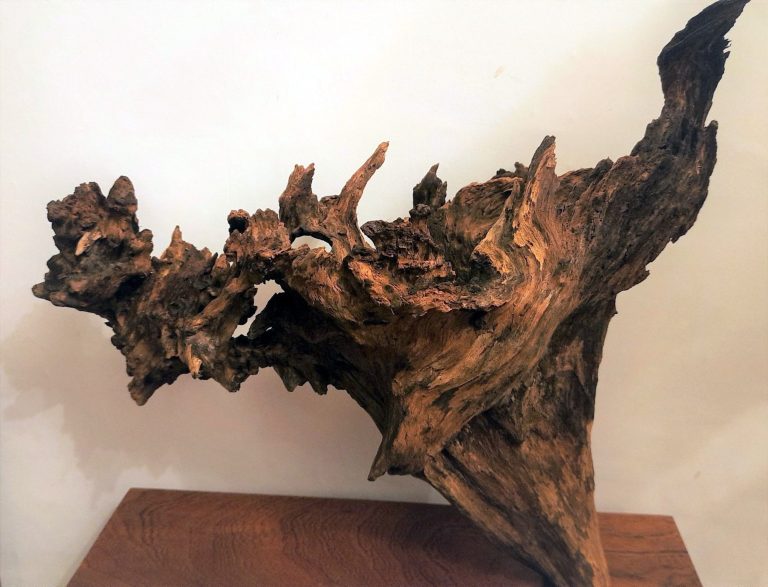
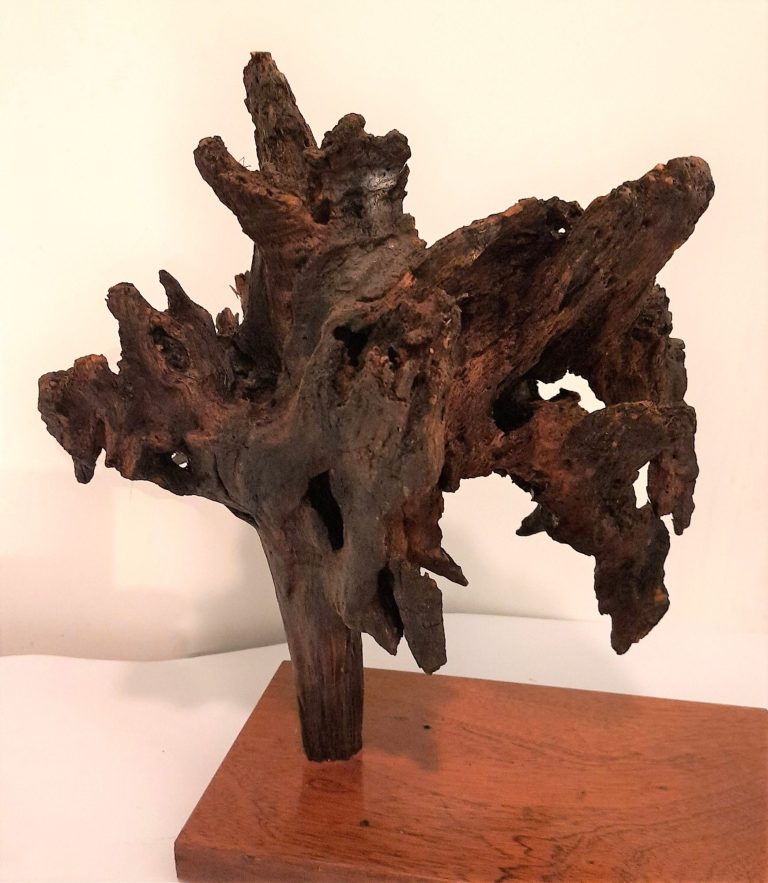
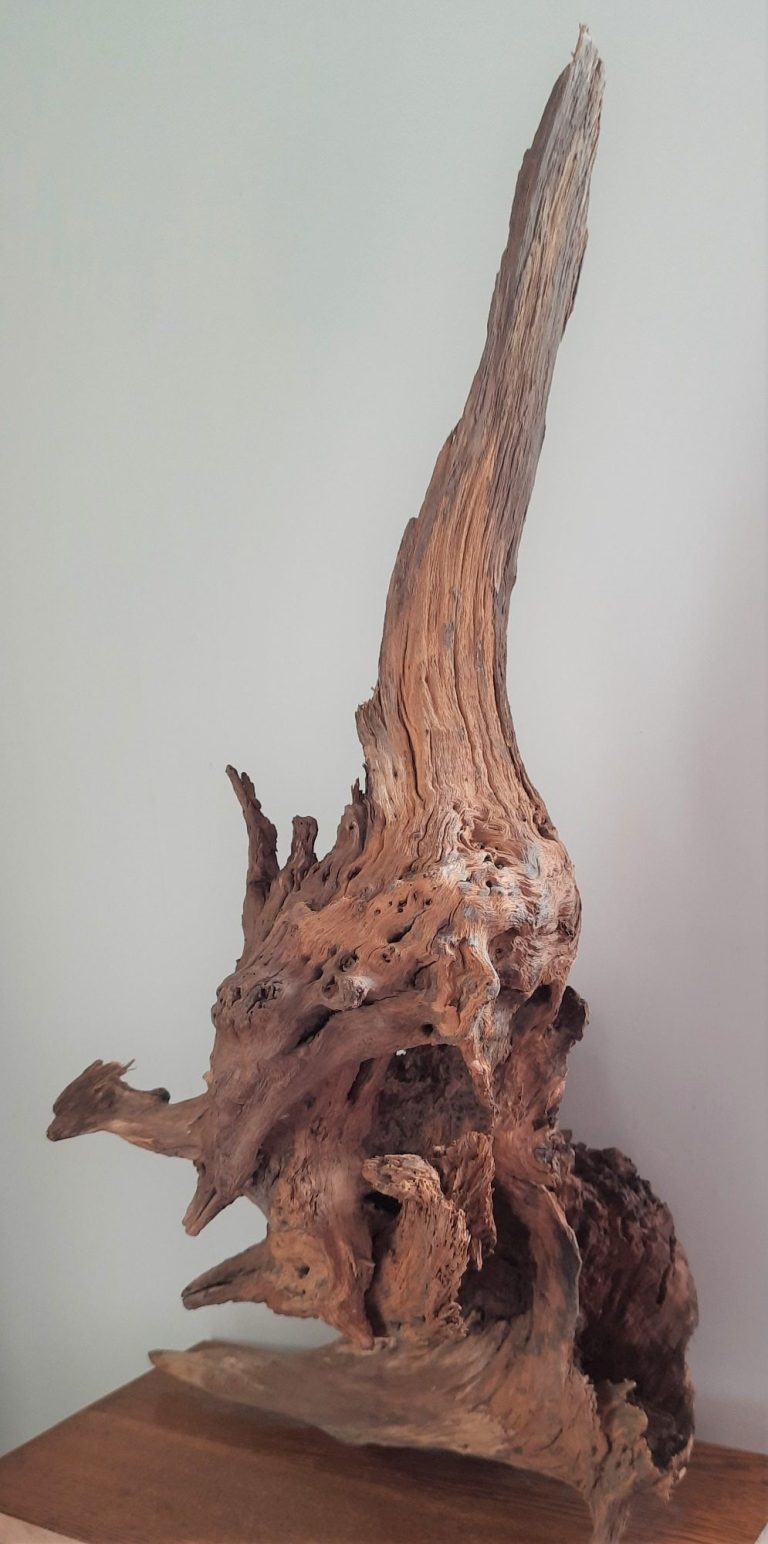
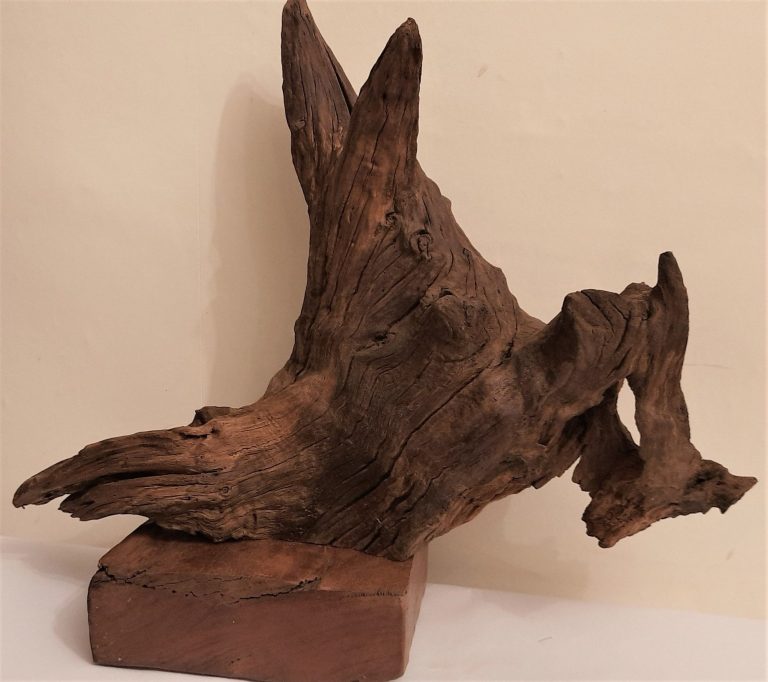
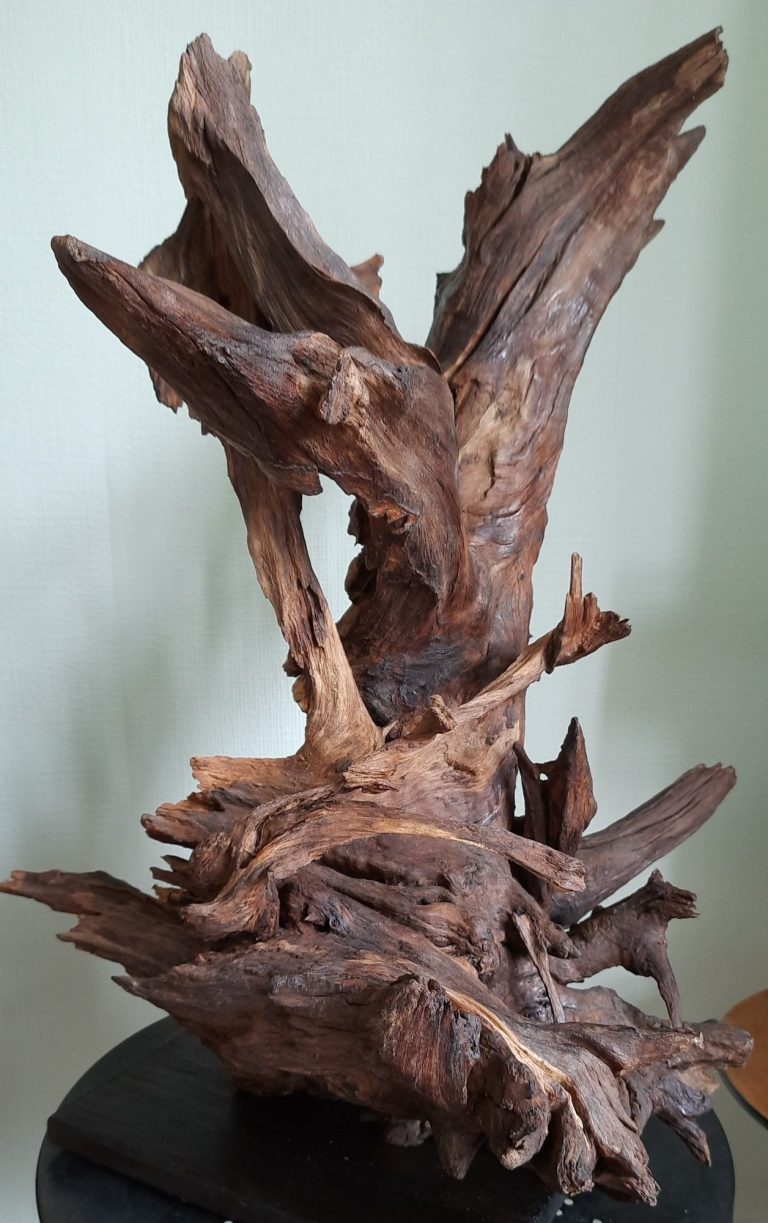
© Copyright. All rights reserved.
We need your consent to load the translations
We use a third-party service to translate the website content that may collect data about your activity. Please review the details in the privacy policy and accept the service to view the translations.